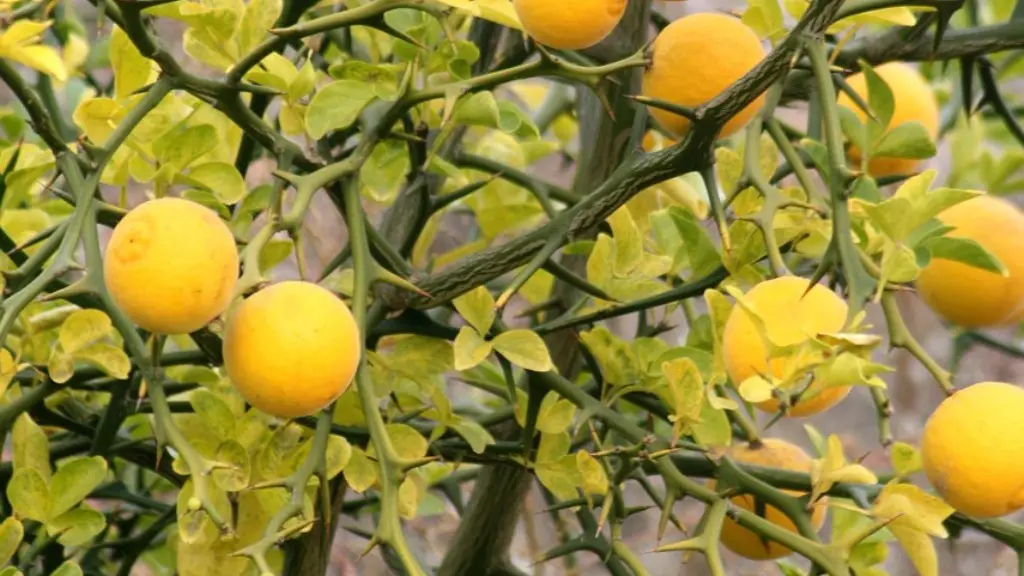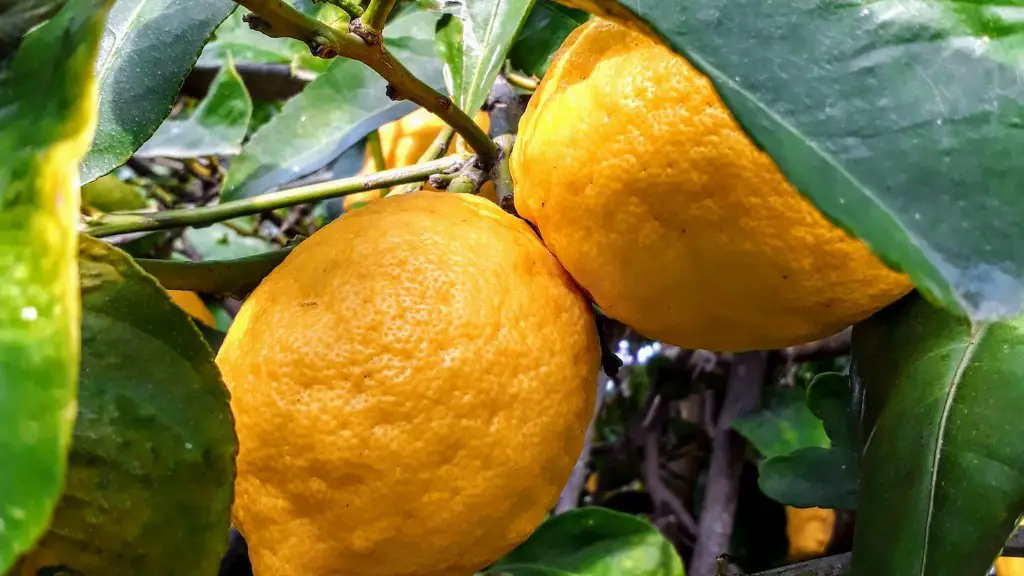Avocados are an increasingly popular crop among farmers and homesteaders. It’s important to understand what soil an avocado tree needs to ensure a healthy, prosperous crop. Prior to planting, it’s crucial to understand what type of soil an avocado tree needs for the best growth and development.
Most agriculturists and orchardists agree that when planting an avocado tree, well-draining soil is essential as it doesn’t become waterlogged with too much water or loose its composition if left too dry. The soil’s texture should feel loamy, having equal amounts of sand, silt and clay particles. Sandy soils allow air, water and nutrients to flow freely and should be blended with other soils to increase the size of the particles. Clay soils are heavy and disadvantages include difficulty when digging and compressing. These should be blended with other soils to make them more manageable. Soils with an abundance of organic matter should be used as it improves aeration and boosts the water content of the soil.
A pH range of 6.0 to 7.5 is best for an avocado tree. It allows the tree to absorb its required nutrients from the soil. If the soil’s pH level is lower than the desired range, the soil can be amended by adding lime or wood ashes, or other materials to raise the pH level. If the soil’s pH level is higher than the desired range, the soil can be amended with sulphur, aluminum sulphate or elemental sulphur.
An avocado tree should have plenty of sunlight and air ventilation. The tree should be able to absorb the right amount of sunshine, as it’s a vital factor for the tree’s growth. Air ventilation is important as it allows the tree to take in carbon dioxide, which is an essential element of photosynthesis.
It’s important to know that the avocado tree needs plenty of fertiliser applied to the soil to give it the nutrients it needs to grow strong and healthy. To balance the trees nutrient levels and pH, it’s recommended to apply a potassium nitrate, zinc nitrate and magnesium sulphate to the soil. If a farmer suspects their avocado tree is lacking in any essential nutrients, a soil analysis should be carried out, and the farmer can apply the appropriate supplements to restore the nutrient and pH levels.
Apart from checking the soil conditions, most experts suggest mulching the surrounding area with peat moss or bark chips. This helps to maintain the moisture in the soil, which is especially important during warm, dry periods. It also helps reduce the weeds, which is an important factor in an orchard or avocado grove and encourages earthworms, which are beneficial for the soil.
When planting an avocado tree, it’s wise to add compost to the soil prior to planting. This provides vital nutrients, increases the soil’s level of organic matter and assists water retention, which is key for the tree’s growth. Avocado trees need plenty of water, especially during their first few years of life, as this will determine their growth and development.
Organic Matter
Just as organic matter supports healthy growth in humans, it increases the life of the soil and helps to provide avocado trees with the sustenance they need. Organic matter, like compost, contains microorganisms that serve to catalyze decomposition of rocks and other minerals, which provides essential elements for healthy soil. Organic matter also helps build a surface layer on the soil which reduces water and nutrient evaporation, reducing the need for frequent watering.
Organic sources are necessary to create a balanced soil. Regular addition of organic sources like compost, straw, or manure fertilizes the soil. It is also important to thoroughly mix organic matter as it wears down and ushers in new nutrients. This results in an improved water retention, making it essential for the avocado trees rooted in the soil.
Organic matter not only aids the tree’s growth, but it also encourages helpful organisms which work to break down unconsolidated materials and convert them to more fertile soils. A balanced diet of organic matter supports the growth and development of an avocado tree’s health over time.
Organic Fertilizers
Aside from improving soil nutrients, adding organic fertilizer to avocado tree soil works to increase the fertility of the soil. Organic fertilizers help to maintain the pH of the soil, improving the balance of nutrients in the soil. Organic fertilines like bone meal, fish emulsion, kelp meal, and worm castings contain essential nutrients which can add life to the soil.
Organic fertilizers include microbial-based products, which work to naturally decompose organic matter, allowing the elements to unlock and become available in the soil. They reduce the risk of problems like soil-borne diseases, and also nurture beneficial microbes that speed up the process of natural decomposition. This helps to maintain the overall health of the soil.
Organic fertilizers also contain micronutrients like zinc, copper, and iron, which are essential for avocado trees. These micro nutrients are beneficial for developing strong roots and branches. Organic fertilizers not only improve the overall health of the tree, but they also help to reduce soil erosion and improve water retention.
Cover Crops
Cover crops work as a soil enhancer and provider of nutrients as well. These crops, when planted and decompose, act as fertilizers for the soil, offering organic matter and releasing carbon, nitrogen, and phosphorus into the soil. Cover crops like vetch, buckwheat, or rye grow quickly and may be planted before or after the avocado harvest. As they decompose they improve the texture of the soil allowing for better water and air penetration.
Cover crops are beneficial in helping to reduce off seasons by supplying invasive weeds, and overpowering the weeds, limiting their growth and access to the soil and providing less competition for the avocado tree to access water and nutrients. The paper covers also suppress soil erosion, allowing for less soil runoff and water loss. This can further help preserve higher moisture levels in the soil and air, aiding in avocado tree growth.
Using cover crops to enrich the land and replenish the soil improves the soil’s properties, increases productivity and restores water balance within the environment. This can be beneficial for the farmer who’s looking for growth in their avocado trees.
Compost and Manure
Manure and compost are two of the most common and effective forms of fertilizer for trees and it’s essential to understand the importance of using compost and manure on an avocado tree. Compost is made up of organic matter that is broken down and rich in nitrogen, phosphorus, and potassium. These are all essential nutrients for an avocado tree, so when applied to the tree, the compost acts in a similar fashion to a fertiliser, providing the avocado tree with the necessary nutrients to grow and develop.
Manure is also beneficial, as it too contains important nutrients for an avocado tree. It can be used as a phosphorus-rich fertiliser, as it is high in organic material and helps to enrich the soil. Manure tends to be slightly acidic, meaning applying a small amount per year will lower the pH of the soil, which is ideal for an avocado tree. Manure can also improve the texture of the soil and aid with water retention.
Using compost and manure when planting an avocado tree offers multiple benefits that, if done correctly and regularly, can result in a healthy, prosperous, and fruitful crop.




